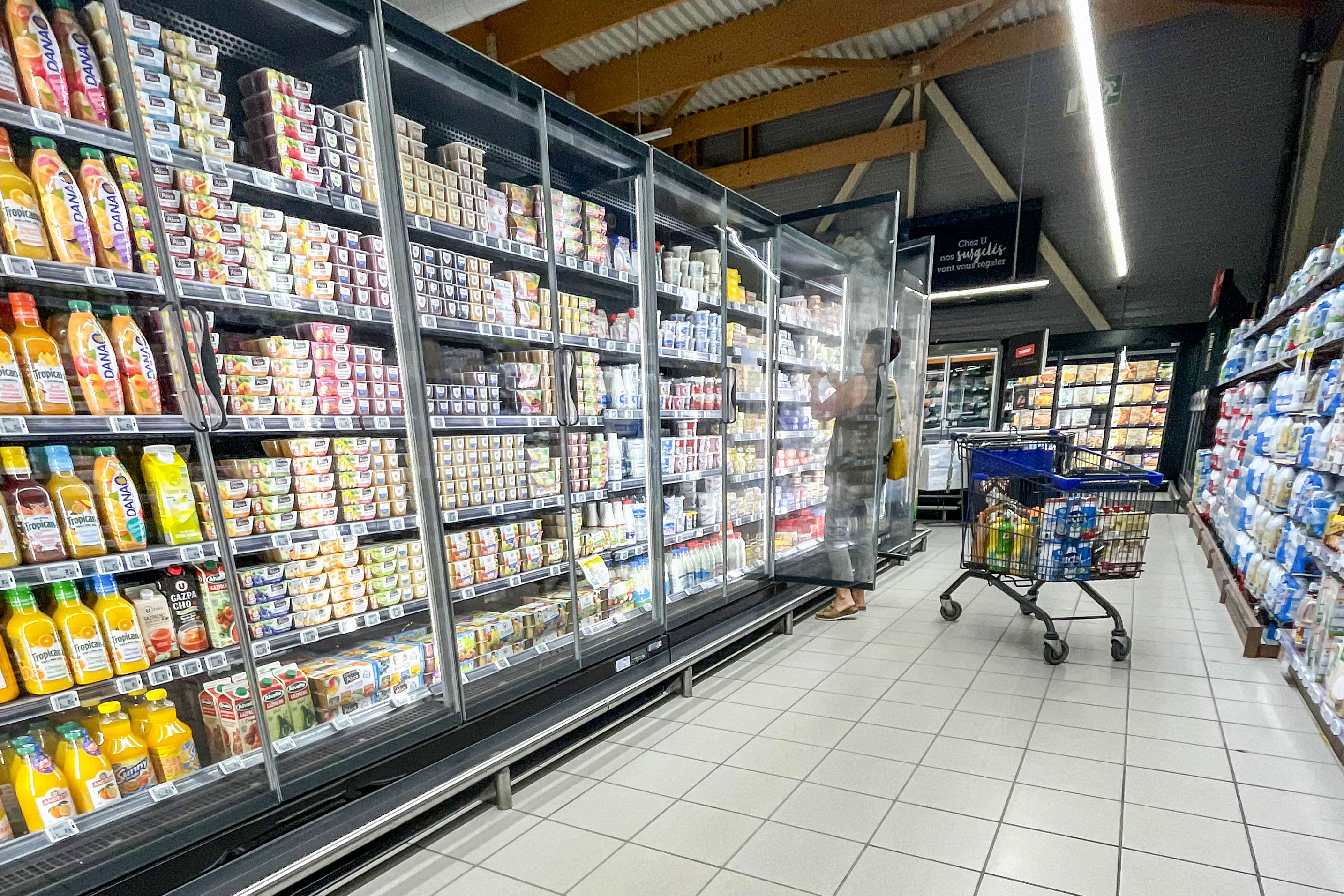Big Oil is coming for dinner: Fossil fuels are entrenched across global food system, report warns
‘Industrial food systems have a fossil fuel problem’
Fossil fuels are entrenched across the food supply - and Big Oil is moving to lock in its influence from farm-to-table in the coming decades, a new report warns.
Some 15 per cent of fossil fuels used each year around the world are related to food production, transport, and storage - more than the carbon emissions of the EU and Russia combined.
The report, published on Thursday by the Global Alliance for the Future of Food and Dalberg Advisors, is the first time that fossil fuels across the entire food supply chain have been analysed.
As renewables drive the decline of emissions in transport and energy sectors, researchers say oil and gas companies are “manoeuvring to lock in food’s dependence on fossil fuel-based pesticides, fertilisers, and plastic packaging”.
Plastics - heavily used in food packaging - are expected to drive nearly half of oil demand growth by 2050, according to the International Energy Agency.
Food-related plastics and fertilisers already make up 40 per cent of petrochemical products.
The researchers say oil companies have realised the potential for growth in the global food industry and have “vested interests in maintaining the status quo”.

“Industrial food systems have a fossil fuel problem,” says Patty Fong, programme director at the Global Alliance for the Future of Food.
“Urgently transitioning to renewable energy and embracing regenerative, and agroecological farming isn’t just an environmental necessity—it’s an imperative for affordability, food security, job creation, public health, and tackling hunger.”
Meanwhile food demand is expected to increase 35-56 per cent by 2050 and along with it, sales of processed and packaged food which the report warns use more energy than whole foods.
For example, ultra-processed dairy can be ten times more energy-intensive than fresh milk, according to separate research published in 2019.
The report warns that severing the link between the fossil fuel industry and food systems is key to avoiding catastrophic climate change.
The researchers suggested that governments should invest in promoting whole foods over processed foods. Overuse of fossil fuel-based agrochemicals in farming should also be addressed, and alternatives like bio-fertilisers and low-carbon practices encouraged.
Earlier research from the Global Alliance said changing the way we produce food could cut 20 per cent of emissions needed to stay at a relatively safe global average temperature of 1.5C.
Join our commenting forum
Join thought-provoking conversations, follow other Independent readers and see their replies
Comments
Bookmark popover
Removed from bookmarks